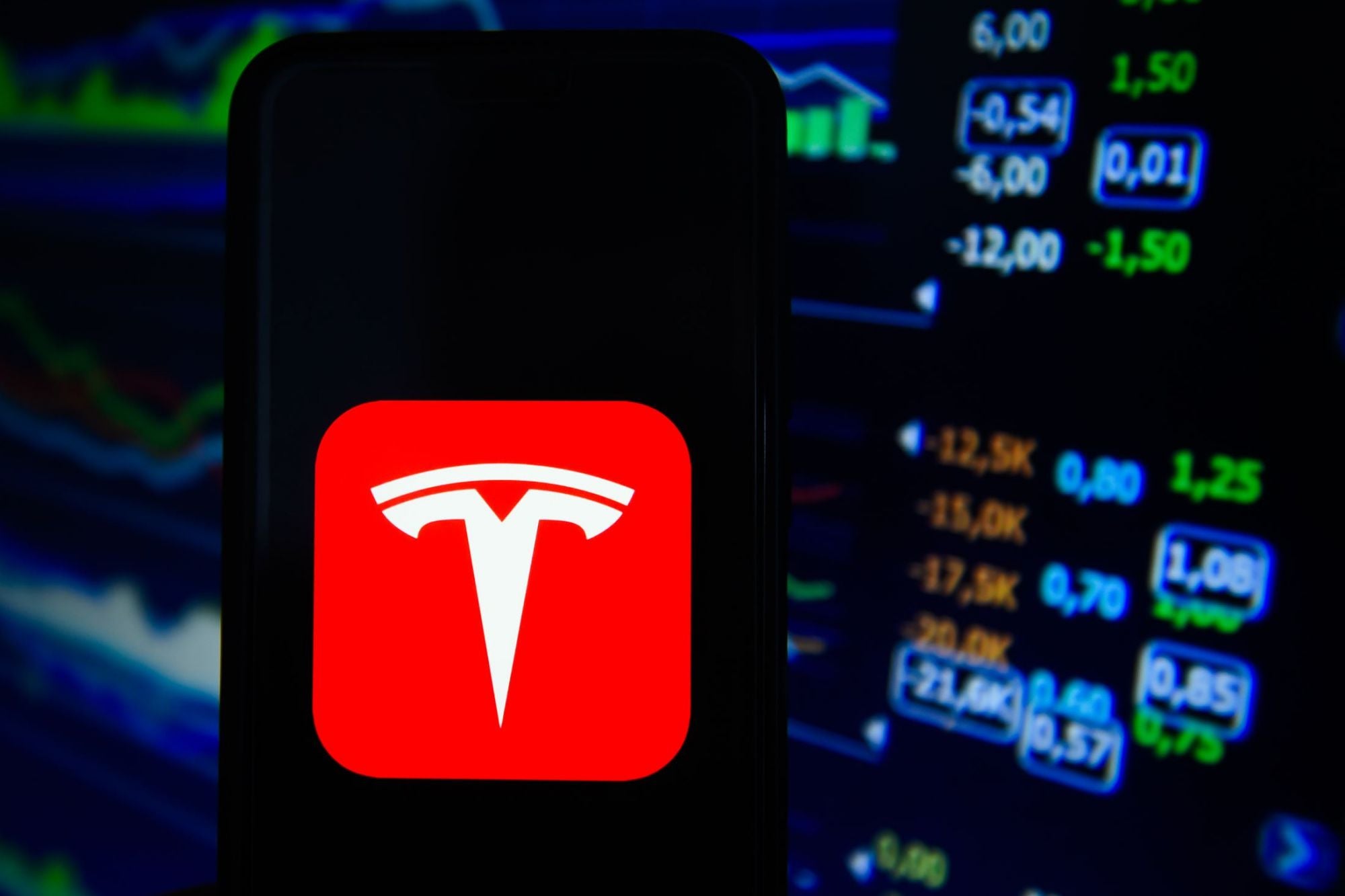In the ever-evolving landscape of the automotive industry, Tesla Inc. (TSLA) has carved a niche as a pioneering force in electric vehicles (EVs).
Despite experiencing some turbulence in its stock performance in 2023, the company’s unwavering commitment to advancing EV technology and autonomous driving continues to affirm its leadership position.
This blog post delves into the challenges and opportunities that TSLA faces as it navigates the financial complexities of the current market.
Analyst Downgrades and Price Adjustments
Tesla’s journey in 2023 has been marked by several analyst downgrades and the trimming of price targets. One notable instance was Deutsche Bank’s decision to reduce its price target from $300 to $285 per share.
These adjustments reflect the concerns surrounding potential downward risks that Tesla might encounter, despite the bank’s long-term bullish stance on the company.
Challenges and Anticipations
The financial climate in 2023 introduces a layer of complexity for TSLA. High interest rates loom as a threat that could potentially dampen consumer spending and slow down the adoption of EVs.
Additionally, questions persist about Tesla’s ability to sustain its impressive growth and manage the costs associated with battery production.
However, amidst these challenges, there is anticipation surrounding Tesla’s upcoming electric pick-up truck and a new affordable model platform set for 2025. These offerings are expected to bolster Tesla’s market position and reaffirm investor confidence.
Concerns for Tesla’s 2024 Earnings
In a recent note, Deutsche Bank expressed concerns about Tesla’s earnings for 2024.
While maintaining a “long-term bullish” stance on the stock, analysts raised the alarm about a potential “meaningful downside risk” to the Wall Street consensus due to possible restrictions on volume growth in the coming year.
Consequently, the bank lowered its price target for Tesla.
Despite these concerns, Deutsche Bank remains optimistic about Tesla’s competitive edge in the EV market, highlighting potential cost advantages over rivals like General Motors and Ford in the future.
Much hinges on Tesla’s progress with its next-generation platform for a more affordable model in 2025, which analysts believe could serve as a transition year for the company.
Tesla Adjustments in Delivery and Production
Deutsche Bank also pointed out downside risks to expectations for 2024, both in terms of growth and earnings.
Tesla’s decision not to expand production at its Austin, Texas, and Berlin factories to 10,000 vehicles per week and the anticipation of a “positive halo effect” from a new electric pick-up truck in Texas signify key adjustments in delivery and production outlooks.
The bank now expects TSLA to announce guidance of approximately 2.1 million deliveries for next year, in contrast to the Wall Street consensus estimate of 2.3 million units.
Analysts’ Diverse Views
The recent downgrades and estimate cuts caused TSLA’s stock to dip by 6.8% in September. However, not all analysts share the same outlook.
Battle Road Research analyst Ben Rose upgraded the stock, emphasizing its long-term prospects and sustained market leadership in EV manufacturing. Rose also highlighted the potential of TSLA’s full self-driving software and growth in energy storage sales.
Overvaluation Concerns
Tesla’s financial standing distinguishes it in the automotive industry. It boasts a cash-to-debt ratio and debt-to-equity ratio that outperform a significant percentage of its competitors.
This strong financial position underscores Tesla’s stability and sound financial health, vital elements for continued growth in a volatile economic climate.
However, concerns about overvaluation persist. Tesla’s price-earnings ratio, while lower than some competitors, is still relatively high. This overvaluation raises a red flag for potential investors, urging caution in their approach.
In spite of immediate challenges and delivery adjustments, Tesla’s long-term outlook remains promising for many analysts.
The consensus about the company’s continued leadership in the EV market, coupled with its advancements in next-gen platforms and other technological facets, underscores optimism despite near-term hurdles.
TSLA’s ability to navigate these challenges and capitalize on its strengths will undoubtedly be a critical factor in its success in the years to come.

